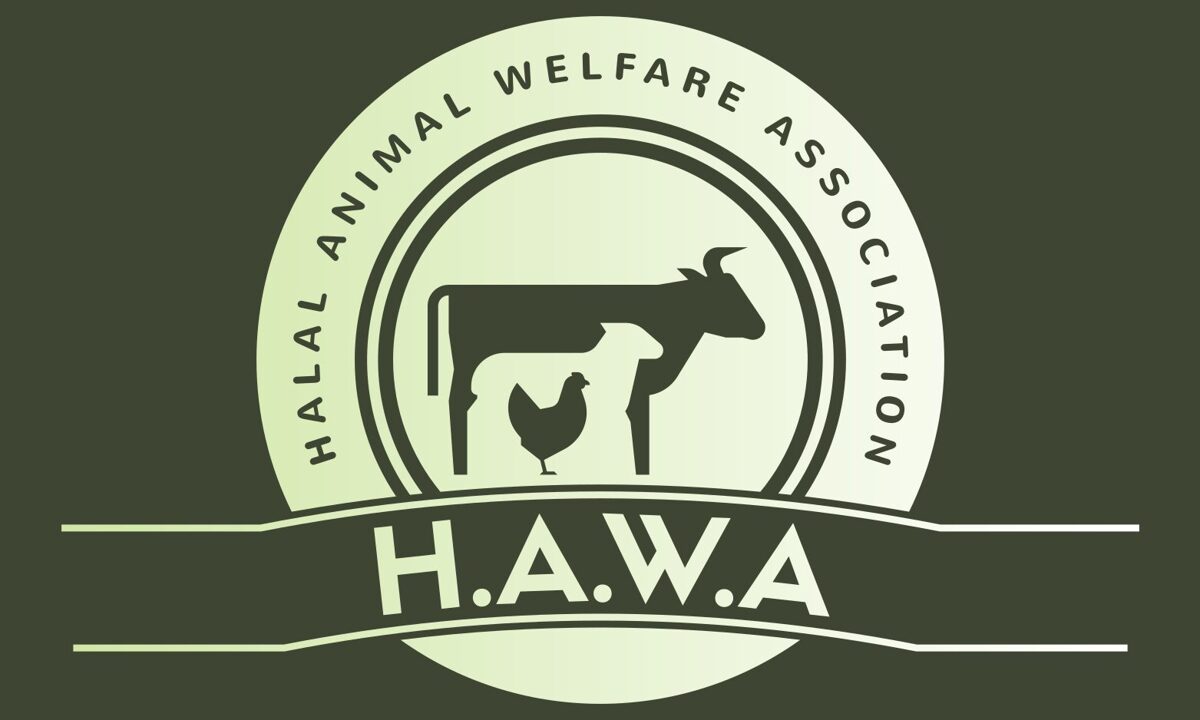Animal Health and Human Health
How healthy, well looked after animals provide better meat for us.
Animals which are kept in bad, unhygienic and overcrowded conditions will begin to show signs of ill health. Of course just like humans’ animals can be affected by illness and disease in any condition at any time, but stress, ill treatment and unsuitable housing will cause the animal to suffer. As a result of ill health the animals can spread this easily amongst themselves (also to humans known as zoonotic diseases) and need to be given medicines such as antibiotics. Disease and Medicines administered to animals can pass on and have an effect on meat quality and human health.
In cases such as intensively farmed animals, conditions are generally cramped, animals do not go outside at all in most cases. This standard of living will cause the animals mental and emotional stress leading to stereotypical behaviours and self-harm because they cannot meet their basic needs.
They are part of a huge production process being fed certain feed, given antibiotics and growth hormones to make them grow quicker than the natural rate that Allah would intend.(1) They are also living in conditions which have photoperiod (light manipulation) and undergo artificial insemination to control reproduction. (2)
When the animals fall ill to disease there is little restriction on what can be given even though the animals will go for human consumption. This is the same with Free range farming. There are withdrawal periods set my law which have to be waited out before the animals go for slaughter, however it has been proven that some residue may still reside in the meat which is now causing Antibiotic resistance in Humans (see more details below).
When it comes down to the slaughter process, DEFRA and FSA have laws in place for inspection of meat for human consumption. Although sometimes down the line signs of disease are missed meaning animals are then wasted and cast aside. In some cases the animal is even passed through to the production line. There has been a report of more and more cases of gastroenteritis in humans being caused by the meat we consume. This can be caused by the carcass, storage of meat, incorrect processing to kill bacteria or incorrect cooking.
How does Natural /Organic farming improve this?
Animals have natural surroundings and fresh pasture which is supplemented with organic feed, there is less human intervention which would mean less stress for the animals. Restrictions are in place for types of feed and medicines which can be given and only if necessary. Withdrawal periods before animals are allowed to be sent for human consumption are longer to prevent residue being left. Antibiotics, steroids or growth hormones are not allowed to be used to speed up and force unnatural growth. (Please see previous article discussing farming practices)
What affect does excessive meat consumption have on Human health?
Recent studies have shown that excessive consumption of meat, especially processed and red meat can cause cancers of the colon, oesophagus, liver , lung and pancreas. Fatty meats can cause diseases such as coronary heart disease and colorectal cancer.
Without going into too much scientific detail, this is down to excessive Fat, Heme/ Iron and Nitrates which react with DNA and Non-human Salic acid which could promote tumour progression and Infectious agents from bacteria, smoking, grilling etc. (3)
We also have to consider here the health of the animal at the time of slaughter. It is a legal requirement for animals to be checked by a vet before slaughter and also the carcass to be checked for signs of disease which could be spread between animals, workers and then the consumer.
You may have heard of “mad cow disease” or BSE, this is a disease which was spread through cows and can be passed to humans through consuming contaminated meat. (4)
How do residues of medicines and Antibiotics affect our meat and human health?
When medicines are administered to an animal, just like humans they enter the blood stream. Once in the blood stream they target the foreign bodies causing the disease/ infection. The circulation system in an animal in effect is the same as human, the blood reaches all areas of the body at some point with residues of the medicine inside. The meat we eat from an animal is usually the muscles. Even after the bleed out from slaughter residues of medicines, antibiotics, feed additives, and growth promoters may be left within the muscle we consume at microbiological level.
A review of scientific studies show that over use of Antibiotics is causing Antibiotics resistance in humans, most commonly by residues left in meat before human consumption. This is because our bodies consume these substances and build up a resistant pathogen, by having a reduction or control over what animals are fed and withdrawal periods between administration and slaughter we can reduce resistance in our food supply. In the case of manipulated feed and growth promoters our food would become better for us. (5)
1) S.H.Jeong, D.Kang, M.W. Lim, C.S Kang, and H.J Sung Dec 2010, 26 (4): 301-313. Risk Assessment of Growth Hormones and Antimicrobial Residues in Meat https://www.ncbi.nlm.nih.gov/pmc/articles/PMC3834504/
2) I. Gordon. 2017.Reproductive Technologies in Farm Animals, 2nd Edition CBAI 2017
3) E. K. Silbergeld, J. Graham, and L. B. Price. 2008. Industrial Food Animal Production, Antimicrobial Resistance, and Human Health Annual Review of Public Health Vol. 29:151-169 Bloomberg School of Public Health, Johns Hopkins University, Baltimore, Maryland 21205;
4) M.C.Stoppler. Mad Cow Disease and Variant Creutzfeldt-Jakob Disease https://www.emedicinehealth.com/mad_cow_disease_and_variant_creutzfeldt-jakob/article_em.htm
5) H. C. Wegener. 2012.ANTIBIOTIC RESISTANCE—LINKING HUMAN AND ANIMAL HEALTH Institute of Medicine (US). Washington (DC): https://www.ncbi.nlm.nih.gov/books/NBK114485/
Cart
Cart is empty.
